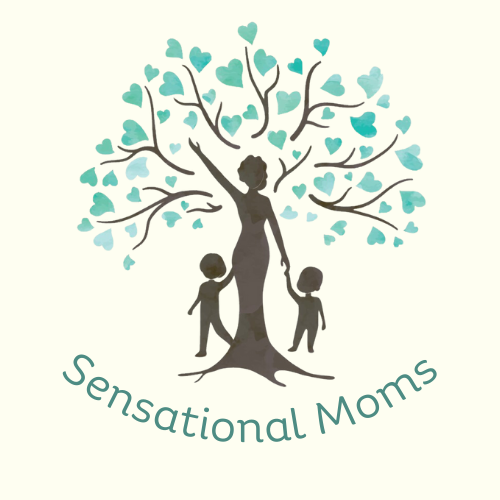
May be you’ve heard of self-regulation in terms of kids controlling their actions and impulses.
What exactly is it, and how does it affect your role as a mom and homeschooler?
“Why don’t you just get a grip?”
“Good moms don’t react that way.”
“My kids are just acting that way because I set a terrible example.”
These are just a few of the things that can play in our heads like a broken record when we are stuck in reactive patterns with our kids.
May be it’s sensory with the noise, chaos, mess… the possibilities are endless.
One thing’s for sure, though. If you’re hoping you’ll do better next time, but you don’t understand what’s causing the overwhelm to start with, your self-control will eventually cave.
Self-regulation is your ability to feel your feelings in your body and in your mind, express your feelings, and then move those feelings. (Kim Barthel)
Your sensory experiences of yourself & the world around you are absolutely related to self-regulation. If the #1 job of your nervous system is your safety, and your nervous system perceives your kids’ noise & mess as a threat, how will it make you feel?
Frustrated?
Angry?
Withdrawn?
How will you even notice those feelings? Probably because of how your body feels: tense, jittery, hot or cold? Breathing shallowly? Racing heartrate? That’s your sense of interoception at work. You can learn more about interoception here.
See, if your daily MO is sensory overwhelm as a mom, your bandwidth to handle even the daily stressors will be severely limited, thus limiting your ability to feel, express, and move those feelings.
Sometimes it’s easier to understand what something isn’t, right? So let me set this straight:
Self-regulation is not self-control.
Self-control can involve ignoring your body’s experience rather than listening to it, allowing it & supporting it. Holding high standards with a tighter grip is a merry-go-round to the mom guilt department.
It is not always calm.
If you’re relaxing with a book in the tub after the kids are in bed, then sure. Be calm. But…
Most of the time, throughout our days as moms, we need to be engaged, responsive, and sometimes even excited! Now if by calm you mean “not angry,” then sure… but can’t we agree that sometimes even feeling angry is ok? Be curious about your emotions. Check out Kim Barthel’s more detailed explanation here .
It’s related to alertness.
How alert and engaged you feel affects your ability to self-regulate. It’s normal for this alertness or arousal to shift throughout the day (and month), and you’d better bet it’s affected by sleep & movement. Feel bouncy or jittery? That’s a different extreme of alertness that also makes it hard to self-regulate.
It involves complex neurological processes.
Your autonomic nervous system’s sympathetic and parasympathetic branches, combined with your brain’s cortical and subcortical structures… it’s a lot! And it can be affected by a variety of factors. Not the last of which are sleep and stress. Hello motherhood!
There’s a problem
When there’s a problem, it’s easier to spot, right? You might not know or care what a spark plug is until your car won’t crank. So we often notice problems first in other people, like our kids.
Your kid goes from ok to raging in 3 seconds flat.
He has a hard time getting going in the morning and yells at the table most mornings.
She cries when her sister cries and then you cry… and the rest is history.
You ask her to sit and write but the sitting part means she falls out of the chair.
I know this is uncomfortable, and you’d probably rather work on your kid than yourself. That’s where I started, but I can tell you from experience that starting with yourself isn’t just smart… it’s imperative if you want to see your kids grow in this area.
May be like me, you realize you can’t keep being around your kids all day every day if something doesn’t change. You can read more about my story here.
If you’re wondering where to start, please check out my free resources on my website or contact me for a free, no obligation consult to see how viewing your motherhood through the lens of self-regulation and crafting a sensory-smart lifestyle can impact your ability to be present for your kids and connect with them…and yourself.
